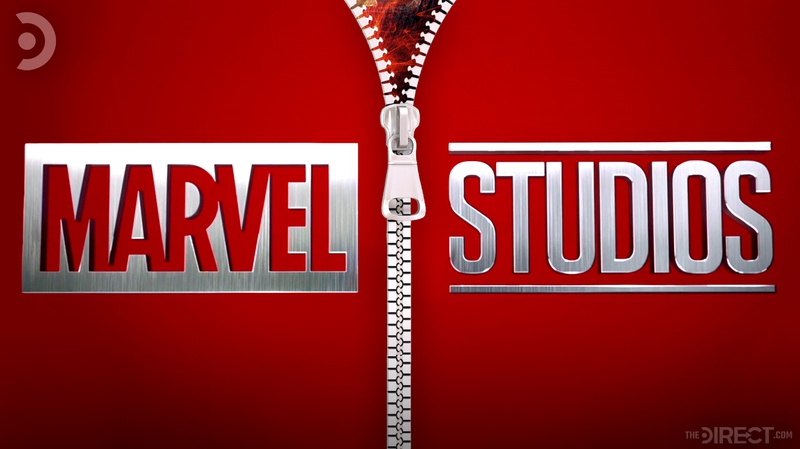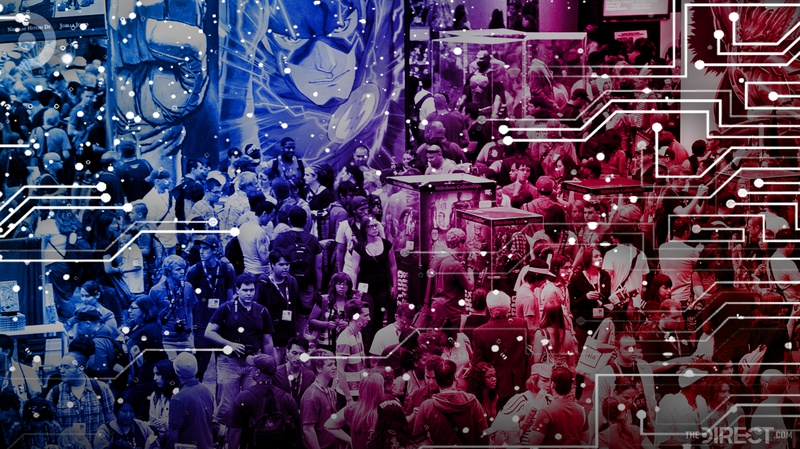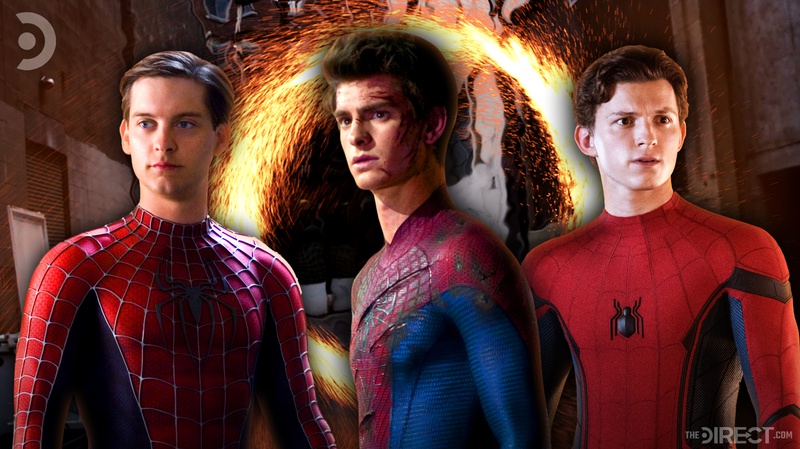
Half of DC Fandome, DC comic’s virtual fan convention, took place Saturday August 22nd, with the other half taking place September 12th. It was a truly spectacular online event that kept the internet hooked throughout its 8 hour run time, celebrating DC’s historic past while promoting their many upcoming projects. From movies, to TV, to video games, to comics, there was something in the FanDome for all DC fans.
To highlight some numbers (these are numbers as of the time of my writing, early Monday August 24th), The Batman trailer has been watched 13 million times on the Warner Bros YouTube channel alone. Zack Snyder’s fabled The Snyder Cut of Justice League has been watched 7 million times on HBO Max’s official YouTube channel. Rocksteady’s anticipated return to the Arkamverse with Suicide Squad: Kill The Justice League, after a 5-year hiatus following their release of Arkham Knight, generated 3 million views on DC’s official YouTube channel. These numbers are even more impressive when you acknowledge these are just from their respective official YouTube channels, and doesn’t take into account the millions of views from other YouTube channels as well as on other social platforms like Facebook and Twitter. The Batman and The Snyder Cut of Justice League also both leaked before their official debut, generating hundreds of thousands of views. These view numbers are truly impressive.
DC hosted a ground breaking event designed from start to finish for the fans, and the biggest thing on my mind a few days removed from the event is, where is Marvel Studios? It’s difficult to think about DC without comparing them to their counterpart, Marvel. Marvel Studios has been near silent since the pandemic struck the world earlier in 2020. The last movie to join the MCU was Spider-Man: Far From Home more than a year ago, and their next release, Black Widow, is currently set to release in November of this year. The Falcon and the Winter Soldier, Marvel Studios' first of many Disney+ shows, was originally set to release in August, but still is not finished production. The Falcon and The Winter Soldier, along with the other Disney+ show that was supposed to release this year, WandaVision, do not currently have a release time frame.
It’s an understatement to say that fans are eagerly awaiting communication from Marvel Studios about their plans and upcoming projects. So why the silence? The answer, of course, is the state of uncertainty movie studios find themselves in right now due to the virus. It’s difficult to talk about their upcoming projects when they don’t even know when they can release them safely, or even finish filming and production. Why raise fan expectations with announcements and trailers if you might have to squash their excitement weeks later with further delays?
It’s a difficult position to be in for sure, no solution is perfect. What DC has demonstrated with DC FanDome is you can hold a successful virtual fan convention. DC got the spotlight this weekend while Marvel failed to cast a shadow. The future for DC fans looks brighter than ever, and in contrast, Marvel’s has never been more uncertain. That's not to say Marvel Studio’s upcoming project slate isn’t looking fantastic. For many, Marvel’s upcoming slate looks better than ever, but where is it? We saw more for Matt Reeves' The Batman, which has only filmed 25-30% of the movie, then WandaVision, which is already done principal filming. I don’t have all the answers, but I do have a few takeaways from DC FanDome that I think Marvel Studios needs to learn from.
Break the Silence

If Marvel Studios could learn one thing from DC FanDome, it's how important communication with your audience is. Marvel Studios' silence has never been more deafening than after DC FanDome. An 8-hour-long event filled with announcements, fan interaction, and communication about upcoming projects is exactly what Marvel Studios needs right now. DC is dealing with the same problems as Marvel Studios, yet they found an effective avenue to communicate with their fans despite the uncertainty.
DC’s next cinematic release, Wonder Woman 1984, showed off a new trailer this weekend. Do you know what was suspiciously missing from a trailer for a movie that is intending to release in just 2 months? A release date. DC still seems to be unsure if they can commit to October, yet they continue to communicate with fans and released a new trailer. While not committing at all to October, DC was able to ease fan unrest and keep the spotlight on them.
Virtual Fan Conventions CAN Work

DC FanDome demonstrates that completely virtual can be just as effective as in-person conventions. We have all been living in a new era of virtual communication for months now, and we have seen the growing pains of transitioning to a completely online world. Whether it be Zoom classes, virtual meetings, or Skype hangouts with friends, we know the difficulties of our new system.
FanDome was able to solve a lot of the problems our new virtual communication system presents to throw an impressive event together. Instead of having live interviews with the cast and crew of DC’s upcoming projects, they decided to go with pre-recorded videos. Through this, they were able to craft tight segments of cast and crew discussing what they are working on, without all the awkwardness and pauses that are normally present in our Zoom meetings.
Virtual fan conventions even have benefits over in-person events. Instead of holding an event that is limited to only attendees, all DC fans across the globe were able to participate in DC FanDome. Instead of long pauses transitioning from one panel to the next, DC FanDome was a non-stop machine that continued to deliver interesting content from start to finish. Some actors and directors that might not have the time to attend a fan convention, like Ben Affleck or Henry Cavill, felt right at home with everyone else with their brief appearances during the Snyder Cut panel.
Address the Jeremy Renner Controversy

One thing that plagued over DC FanDome is WB’s recent string of unaddressed controversies. WB has yet to address many controversies surrounding many of their biggest actors and directors, some of which include Ezra Miller, Joss Whedon, Amber Heard, and JK Rowling.
The biggest controversy affecting DC FanDome being Ezra Miller violently throwing a fan to the ground on video. Ezra Miller appeared twice in the FanDome, during the Snyder Cut panel and for a panel for his The Flash movie, in which he is the star. Both times Ezra Miller appeared on screen, my Twitter feed erupted with disgruntled fans talking about the controversy and WB’s lack of response. This negative response is going to continue to plague every appearance of Ezra Miller until someone addresses his controversy. The Flash is being set up as a huge movie for the DCEU, and a huge controversy like this is not what you want affecting fan reception and box office numbers.
So what does this have to do with Marvel Studios? Hawkeye actor Jeremy Renner is currently in court proceedings with his ex-wife Sonni Pacheco regarding some disturbing allegations she made. This situation is absolutely different then Ezra Miller’s situation, as with Ezra Miller we have video evidence him choking and throwing a fan to the floor, and Jeremy Renner’s situation is still being settled in court.
Unfortunately for Renner, whether his wife’s allegations are true or not, they are still going to plague the release of his upcoming Disney+ show Hawkeye. If you take a look at our Twitter comments sections anytime we post news or rumors regarding Hawkeye, we already see a split fan base divided on how to feel about Jeremy Renner right now. Some are defending him as these allegations have yet to be proven, and some do not want to see Renner appear in any upcoming MCU projects. Marvel needs to address this controversy, or it will loom over the marketing and release of Hawkeye.
Bring in the Legacy Marvel Characters

DC explained their new multiverse concept in their Multiverse 101 and The Flash panels. To summarize, all DC adaptions now live in a multiverse together where some movies, like Justice League, Birds of Prey, and Shazam!, all live in the same universe together, while other movies, like The Batman or Joker, live in their own universe.
The idea is that while these characters and stories can live in their own self contained universe, the possibility exists for some characters to cross over from one universe to another. DC has already experimented with this concept by crossing over Justice League’s Barry Allen (played by Ezra Miller) with CW’s Barry Allen (played by Grant Gustin) in an episode of The Flash. Another exciting crossover in The Flash movie is Michael Keaton’s Batman returning to the big screen for a substantial role.
These crossover moments are sure to make fans go wild with excitement. While not a multiverse, these moments of characters crossing over are no stranger to the MCU. Who can forget that post-credits scene in The Incredible Hulk when Robert Downey Jr. walked into a bar to talk to General Ross? Or that euphoria you got when watching The Avengers for the first time? Marvel Studios is so good at these crossover moments, that they still feel special to this day.
While crossovers in the MCU are commonplace today, Marvel has yet to bring any legacy Marvel characters from non-MCU movies into their universe. I am talking about some big names like Tobey Maguire’s Spider-Man, or Hugh Jackman’s Wolverine. These fan favorite characters appearing in an MCU movie would undoubtedly create strong waves in the fandom and create a swell of fan excitement.
Fortunately for MCU fans, these appearances might not be as far fetched as they might have been a few years ago. To start, you might remember that J.K. Simmons reprised his role as J Jonah Jameson in Spider-Man: Far From Home last year. Is it the same J.J.J. that he played in Sam Raimi’s Spider-Man trilogy? Probably not, but it does at least acknowledge this beloved character, and hint at Marvel Studios' willingness to honor non-MCU Marvel characters. Also, the upcoming Doctor Strange in the the Multiverse of Madness is being directed by Sam Raimi, who is best known for directing a trilogy of Spider-Man movies. Is there a chance that Toby Maguire could appear in this movie, especially considering the word ‘multiverse’ is in the title? I think there is a good chance.
The Marvel Cinematic Universe is entering a new era, as a lot has changed since Avengers: Endgame released over a year ago. Marvel Studios' Phase 3 is over, we live in a new virus ridden world, and the DCU is performing better than it ever has before. Especially after DC FanDome this weekend, Marvel Studios' silence over the past couple months could not be more deafening.
So what can Marvel Studios learn from DC’s successful FanDome event?
Most importantly, Marvel needs to break their silence and start talking about their upcoming projects. I understand their difficult position, but FanDome shows that, like DC did with FanDome, Marvel can still talk about their progress with their upcoming projects without having all the information about when they will be coming out. FanDome demonstrated that virtual fan conventions can work and look good, despite the difficulties we are currently living with. Marvel should address the current controversy surrounding Jeremy Renner, so it doesn’t loom over the release of Hawkeye like Ezra Miller’s controversy loomed over DC FanDome. Finally, Marvel Studios should lean into their legacy heroes like Toby Maguire’s Spider-Man or Hugh Jackman’s Wolverine in order to compete with DC’s new approach to the multiverse.
Jack McBryan is the Co-Founder and Chief Technology Officer at The Direct. He joined co-founder Brian Grodzki at The Direct in 2019. Jack plays a vital role in driving the success of The Direct through his expertise in software development, search engine optimization, and content strategy.











